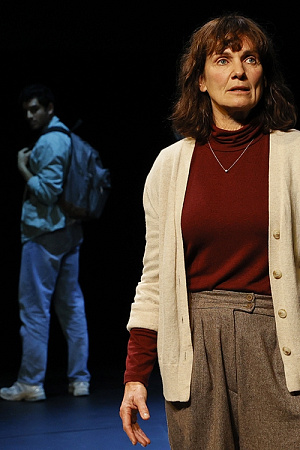The Good Person of Szechuan (Malthouse Theatre)
When Brecht wrote The Good Person of Szechuan (1939–42), he had been influenced by the colour and brashness of Chinese theatre, whose archetypal heroes and villains underpinned his concept of the Alienation Effect. Brecht, ever the political theorist, wasn’t interested in characters with whom the audience empathised, or of employing Stanislavski-based acting techniques that strove to reach emotional truths. His Verfremdungseffekt was designed to shake audiences out of apathy and make them recognise capitalist society’s inherent corruption and amorality, so that they would take action both inside and outside the theatrical space. The play was first produced in 1943 and, though set in distant China for convenience (much less likely to lead to any censorship), skewers the West’s disregard for misery and poverty and its indifference towards the needs of the people.
Continue reading for only $10 per month. Subscribe and gain full access to Australian Book Review. Already a subscriber? Sign in. If you need assistance, feel free to contact us.










Leave a comment
If you are an ABR subscriber, you will need to sign in to post a comment.
If you have forgotten your sign in details, or if you receive an error message when trying to submit your comment, please email your comment (and the name of the article to which it relates) to ABR Comments. We will review your comment and, subject to approval, we will post it under your name.
Please note that all comments must be approved by ABR and comply with our Terms & Conditions.